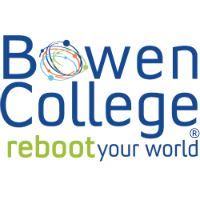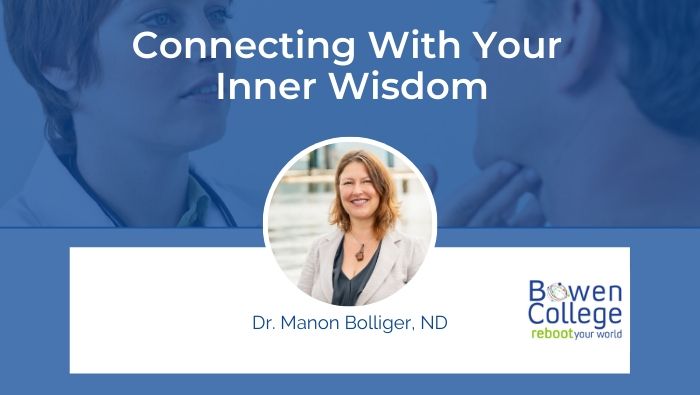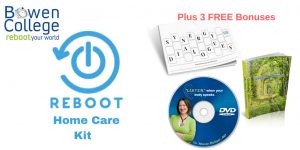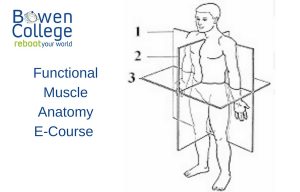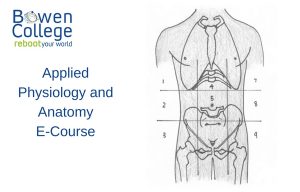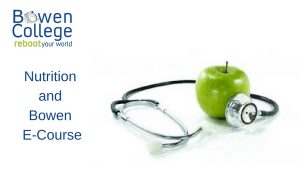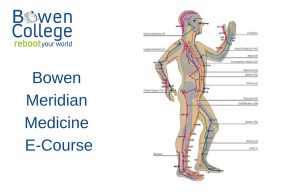For more information go to: drmanonbolliger.com
Growing up, most people are unsure of themselves. They wander aimlessly through life not knowing which direction to take. It’s like walking through a city without roadmaps. Some follow other people as their guides. Some ask where to go and how to get there. Because of this, other people’s ideas, beliefs and opinions become landmarks for their sense of being. They constantly seek signs telling them they’re on the right path. Yet the more roads they take, the more lost they become. They reach a point where everyone is just following the crowd — each one not knowing where they’re headed.
This is quite often the root of insecurity. Somewhere deep down, they know they’re aimless. Everyone else seems to have it together, but they seem to give conflicting advice. At the crossroads, some find success turning left and others leaning right. Some say move forward and others warn go back. Yet what they don’t realize is that everyone has their own journey. That’s why it’s impossible to map out our path by merely following someone else’s footsteps. What we need is something deeper and more powerful than that. What we need is to connect with our intuition — the internal compass that always leads us to our own personal truth.
On some level, we all know this to be true. Our intuition is that deep inner wisdom we all have. Though it can’t always be explained on a logical level, it gives us the answers and clarity that we seek. It’s the key not only to understanding ourselves but to understanding others.
Contrary to popular belief, our intuition is not some hidden mystical force. In fact, it’s actually a feeling rooted in our body. Though it’s often confused with fear, anxiety and insecurity, intuition always points us in the right direction. The real question, therefore, isn’t about whether or not we can trust our intuition. Rather, it’s about discerning what our body is feeling.
Unlike fear or doubt, intuition is a still clear voice inside you. It’s never harsh or judgmental. Even when it warns you of danger, it feels calm and quiet. When our body carries negative emotions, it can distort the signal of our intuition. It’s like trying to listen to a whisper while blaring sirens all around. In order to hear one’s intuition, one must first let go of all the baggage. Once fear is silenced, the voice of our inner wisdom rings clearly.
One way to do this is by paying attention to the breath. There should be no space between the out-breath and the in-breath. It must all be a continuous flow. When you don’t notice the breath, your mind becomes slightly more focused. Another way to achieve this is by repeating a mantra in your head. It can be as simple as, “I invite you to be with me. You are welcome.” It simply serves as a focal point to stabilize the frame. The key is finding a rhythm that helps you stay in that feeling longer.
As you connect with your feeling body, it’s important to allow yourself to surrender. When you’re unable to trust your own intuition, it’s likely due to early childhood programming. Somewhere that sense of doubt is instilled in you, and it needs to be released. If you find yourself resisting, ask yourself, “When did I first experience this lack of trust?” Without really searching for the answer, let it come to you in snippets. Maybe a hallway, a scent or seemingly disassociated little things come to you.
Slowly you piece this all together to form a memory. At that point, you can reach out to your inner-child for healing. Ask the broken part of you what it needs from you. It’s usually something very simple. Listen carefully to what it says, and nurture it until you feel a shift within you.
The more connected you are with your body, the easier it is to tap into your intuition. You begin to embody this state and incorporate it in your life. That’s when you start embracing your inner wisdom. Only then can you realize that the answers you seek aren’t secret. They’re not hidden. They’re in a place accessible that’s always accessible to you.
